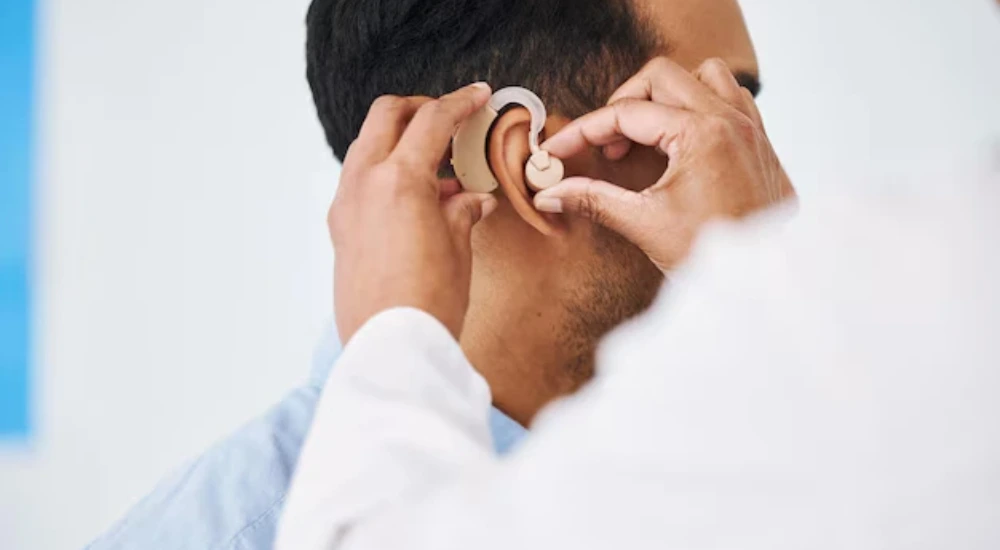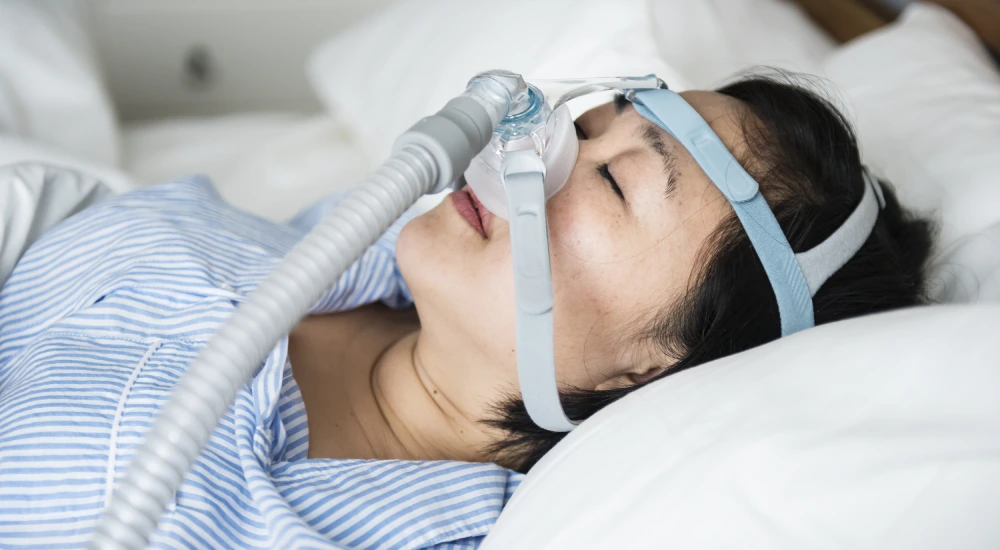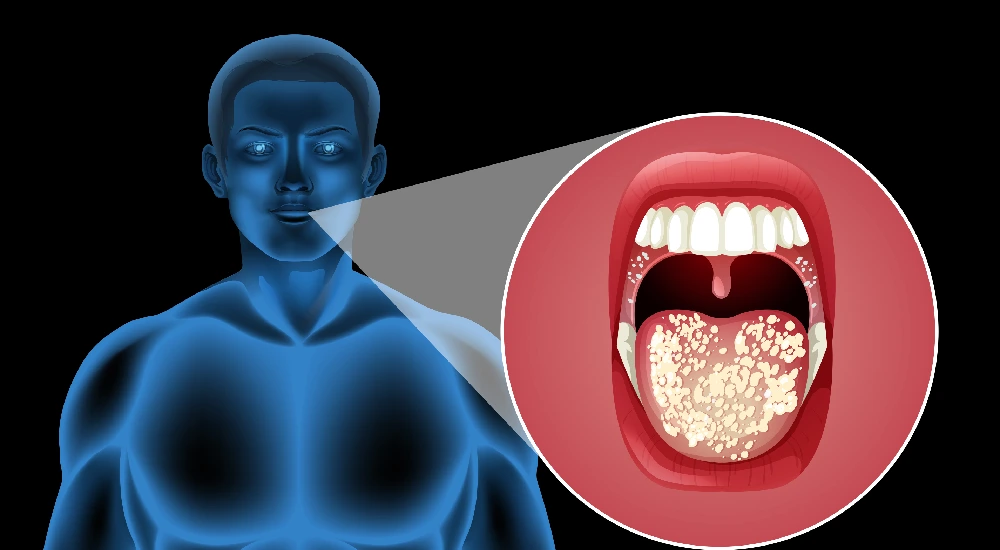
Causes and effects of chronic sinus infection
When you go to an ENT hospital, the majority of patients and cases are for chronic sinus infection. Chronic sinusitis is the medical term for this.
When the sinuses get blocked and filled with fluid, they can become infected. This is known as Sinusitis. With many types of sinusitis, lets first know the different types of sinusitis.
Different types of sinusitis are
Acute sinusitis starts with cold-like symptoms such as a runny, stuffy nose and face pain which are typical. It may begin abruptly and last for 2 to 4 weeks at the maximum.
Subacute sinusitis last from somewhere between 4-12 weeks
Chronic sinusitis symptoms last 12 weeks or more.
Recurrent sinusitis condition occurs numerous times a year.
In this blog, we will discuss about the Chronic Sinusitis in depth.
Chronic sinusitis occurs when the regions inside your nose and head (sinuses) remain swollen and inflamed for 12 weeks or more despite treatment.
The most common causes of chronic sinusitis are as follows:
An obstruction in the sinuses that prevents them from emptying: This can be caused by nose bleeds due to nose and facial injuries, Nasal Polyps and tumours, or a chronic infection. Chronic sinusitis is more common in people who have a deviated nasal septum.
An unusual infection: Traditional antibiotics can treat many sinus infections. Some diseases, however, such as fungal infections and antibiotic-resistant illnesses, do not respond to traditional antibiotic treatment.
Biofilms: A biofilm is a bacterial colony that forms a thick film comparable to plaque on teeth. Biofilms are difficult to remove, although treatments for cleaning the sinuses, such as nasal irrigation and surgery, may be beneficial.
Irritating and allergenic substances: Allergies and asthma are more likely to induce chronic sinusitis because they increase pressure and irritation in the nasal passages and sinuses. These are also called allergic sinusitis. People who suffer from allergies or asthma may react to second-hand smoke, nasal allergens, dust particles, air pollution, and other irritants.
Immune system problems: Immune system diseases make it more difficult for the body to combat infections and inflammation. People with cystic fibrosis may be predisposed to chronic sinusitis. Immune system illnesses, such as HIV, could potentially be at blame.
Symptoms of chronic Sinusitis
- Facial tenderness or pressure
- Nasal post-drip (mucus drips down the throat).
- Nasal discharge (yellow or green discharge from the nose) or a stuffy nose.
- Toothache, earache, or headache
- Cough
- Tiredness.
- Ear ache.
- Loss of taste and smell perception.
- Halitosis.
Complications of chronic sinusitis:
Long periods of not receiving sinusitis treatment may result in chronic sinusitis issues. These consequences can necessitate emergency surgery, impair your brain and vision, and, in severe situations, be fatal. If you have been suffering from chronic sinusitis symptoms, we recommend you to seek adequate medical assistance right once and make an appointment with Vikram ENT hospital in Coimbatore. Vikram ENT is the best hospital for treating various ENT disorders, thanks to innovative technology and qualified ENT specialists.
Prevention techniques for chronic sinusitis
- Avoid catching upper respiratory illnesses: Avoid contact with persons who are unwell with colds or other infections. Hands should be washed frequently with soap and water, especially before meals.
- Control your allergies: Maintain symptom control by working with your doctor. When possible, avoid being exposed to substances to which you are allergic.
- Avoid cigarette smoke and polluted air: Tobacco smoke and pollutants in the air can irritate and inflame your lungs and nasal passages.
- Utilize a humidifier: If your home's air is dry, as it is if you use forced hot air heat, adding moisture to the air may help avoid sinusitis. Regular, thorough cleaning will keep the humidifier clean and free of mould.
Treatments for Chronic Sinusitis
The aim is to identify the root cause. For example, if your sinusitis is caused by allergies, decongestants alone are unlikely to be effective. Among the therapy options are:
Antibiotics : If your doctor suspects a bacterial illness, antibiotics may be prescribed. Antibiotics are only effective against bacterial infections. They are ineffective if your sinusitis is caused by viruses or other issues.
Nasal corticosteroids : These steroid medications can help the body repair, reduce inflammation, and provide some symptom relief. Because some people experience adverse effects from steroids, it is critical to consult with a doctor about the advantages and risks
Sinus Surgery : Some with persistent sinusitis may require sinus surgery to be cleaned. If you have chronic sinusitis that continues recurring, an operation may be the best option. The surgeon can remove clogs and widen the sinus passages, allowing them to flow more easily.
Nasal Irrigation: Saline sprays, neti pots, and other water-flushing devices can help clear out any infection and relieve irritation. This
Home Remedies: While medications can assist, many cases of sinusitis resolve on their own without medical intervention. Many of the same ways will help you prevent the disease if you have it frequently.
Share This Story, Choose Your Platform!







